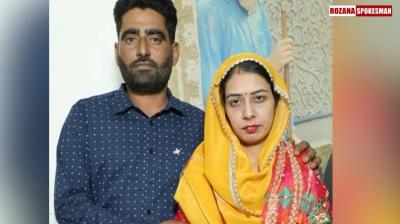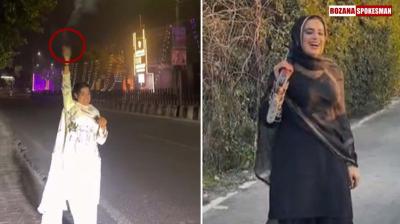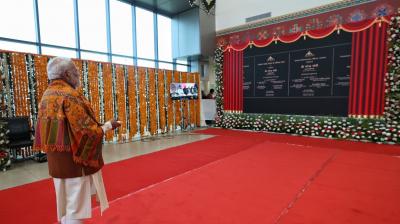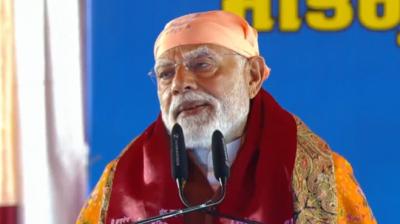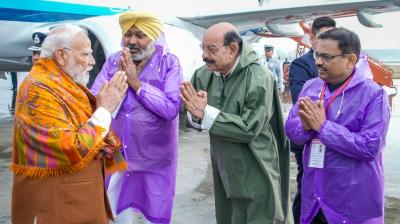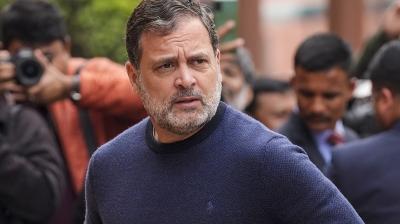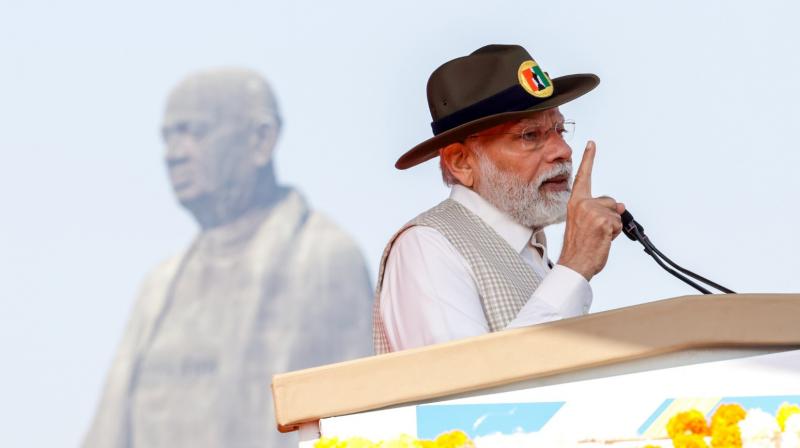
But the benefits of these achievements have largely remained limited to select sections of society.
Editorial: Modi Era – The Amrit Kaal Still a Distant Dream
The narrative of “how full or how empty the glass is” can be easily applied—according to personal preference—to the 11 years of the Narendra Modi government. The Bharatiya Janata Party and its supporters are describing the Modi era as “eleven years of good governance,” while the Congress and other opposition parties see it as “eleven years of suffering and false propaganda.” In such a situation, it’s natural for every neutral citizen to wonder whom to trust.
BJP President Jagat Prakash Nadda, while praising the achievements of the Modi era, listed ten key points as follows:
- India’s economy has consistently strengthened; the country has moved from the 10th to the 5th largest economy. According to a new IMF assessment, India will soon become the 4th largest.
- The economic and social conditions of Scheduled Castes, Scheduled Tribes, backward classes, and women have continuously improved.
- Over 25 crore Indians rose above the poverty line during these 11 years; extreme poverty has consistently declined.
- The government encouraged the politics of merit over nepotism; the culture of sycophancy was gradually discarded.
- During the COVID-19 pandemic, India set a world record by administering more than 220 crore free vaccine doses to over 110 crore citizens, also assisting neighboring countries.
- Srinagar was connected to the rest of India by rail.
- The vision of “Developed India” was actively pursued through policies, reforms, and transformations.
- Article 370 was abrogated, integrating Jammu & Kashmir more closely with the rest of India.
- The principle of “Sabka Saath, Sabka Vikas, Sabka Prayas” (Together with all, Development for all, Efforts from all) was strictly followed.
- By ending the practice of triple talaq and introducing laws like the Waqf Reform Act, the rights of minorities were ensured.
These points were also reiterated by the Prime Minister in his speech on Monday. He emphasized his commitment to “service, good governance, and the welfare of the poor” and vowed to continue working toward changing the lives of every section of society.
In contrast to this praise-filled discourse from the ruling party, the opposition focused attention on “how empty the glass is.”
Congress leader Rahul Gandhi described the Prime Minister as a symbol of “more noise, less work, and zero accountability.”
Congress President Mallikarjun Kharge accused the BJP of mortgaging the soul of the nation to the RSS.
Akhilesh Yadav, leader of the Samajwadi Party, claimed the Modi government has repeatedly wounded the spirit of federalism.
Similar criticism has also come from other opposition leaders.
When one side is beating its chest with pride and the other is using bitter words, finding a neutral ground becomes difficult.
One thing is clear: Over the past decade, India’s national economy has consistently grown stronger. There has been progress in healthcare and education, India’s global stature has risen, and infrastructure has significantly improved.
But the benefits of these achievements have largely remained limited to select sections of society.
When social inequality remains untouched, slogans like “Sabka Vikas” (development for all) sound hollow.
Similarly, the Modi government has failed to reduce unemployment, nor has it succeeded in fostering a climate of social harmony and goodwill.
Among minority communities, particularly Muslims, a sense of insecurity has either remained constant or grown.
Due to the compulsions of vote-bank politics, leaders like Mr. Modi, other BJP figures, and RSS ideologues have cultivated a toxic mindset within party cadres and their supporters.
This mindset often emerges in its most venomous form even on sensitive occasions meant to express national unity and solidarity.
As long as this venom exists, how can the Modi era be called the “Amrit Kaal” (Golden Era)?



